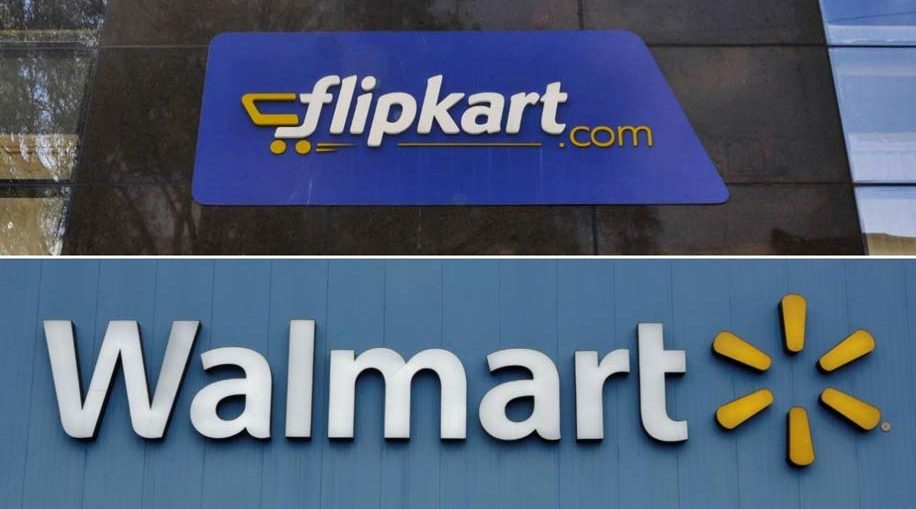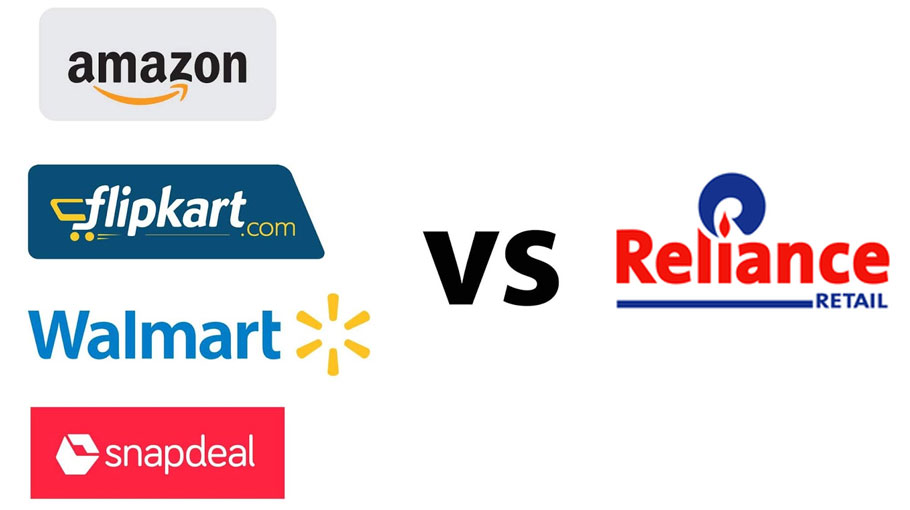
How Flipkart Walmart Deal will affect other online sellers?
After so many this and that finally Walmart announced Flipkart acquisition for $16 billion, a valuation of over $20 billion, which makes it the world’s biggest eCommerce deal. Walmart will own around 77% of the Bengaluru-based company in what is also being seen as the largest buyout for the US firm.
“The Indian ecommerce industry is growing and is here to stay. This simply means that the frequency of the purchases will increase significantly” Vidhya Shankar, Executive Director, Grant Thornton India.
Sources said that Walmart’s is planning to expand own business in India. For this, they will collaborate with 50 to 60 million grocery stores to help them modernize so that these stores become part of Walmart ‘s entire supply chain. This American company wants to connect Indian customers with partnership with grocery stores. A source familiar with Walmart’s future plans said, “There is a huge investment on the technology of digital payments and other fields.”
Within two years of Walmart’s opening its doors, 82 local stores went out of business.
As per joint statement by Walmart and Flipkart, they are promising to help the Indian economy in terms of job creation, increasing farmer’s income and promoting national initiatives including ‘Make in India’. As per an American news website, in 2006, the big-box retailer promised to bring jobs to the cash-strapped community. But according to a landmark study by Loyola University, the company’s rhetoric didn’t match reality: Within two years of Walmart’s opening its doors, 82 local stores went out of business. [source]
Study proves it: Walmart super-stores kill off local small businesses
For businesses that compete with Walmart, it kills them. It may also depress the economy as a whole because of low paying jobs [Source].
History:
Walmart saw a huge growth potential in India and signed an agreement with Bharti Enterprises on November 27, 2006 to establish a 50-50 joint venture to do wholesale business there. The partnership called Bharti Walmart Private Ltd, that suppose to operate stores called Best Price Modern Wholesale. Bharti Enterprises brought to the table its familiarity with the Indian laws, culture, economy, and labor.
It was believed that this arrangement would help Walmart to introduce its own brand in India later on
As per JV Terms, Walmart would manage Bharti’s multi brand retail convenience stores and supermarkets called “easyday”. It was believed that this arrangement would help Walmart to introduce its own brand in India later on. [source]
On October 9, 2012 the Walmart and Bharti announced the breakup of their dream team and decided to go separate ways in both retail and wholesale ventures. Biggest reason behind this breakup was allegations of corruption and impropriety by Walmart [source]
Walmart’s strategies after JV breakup with Bharti Enterprises
Walmart chosen to continue and expand its Wholesale Best Price cash-and carry operations in India. It was waiting for appropriate time and opportunity to enter India’s multi-brand retail business. Walmart had option to do it on its own, take an India partner, or acquire a competitor, so now as per plan, they acquired Flipkart.
Can Walmart transform e-commerce in India?
Walmart has a strong history in developing economies of learning the local culture and the local needs and adapting to it. Flipkart needs expertise in selling a whole range of merchandise—how do you sell groceries online?—and in logistics that Walmart is so good at.
Walmart has vast financial resources, as well. So, Flipkart won’t have to go looking for investors anymore.
Flipkart offers Walmart theonline merchandising skill, which it still needs. Also, it offers an understanding of Indian consumers, in a way Walmart really understands: through data. Most importantly, this is Walmart’s chance to become a “store” for Indian consumers, working around the laws that prevent it from opening up physical stores.
The combined Walmart-Flipkart company will have a whopping 90 per cent share of the e-commerce market in India and that raises fears of loss of business among traders, sellers and retailers
The combined Walmart-Flipkart company will have a whopping 90 per cent share of the e-commerce market in India and that raises fears of loss of business among traders, sellers and retailers since Walmart could bring multiple private labels to India and flood the e-commerce platform with its own private label brands. There is a real risk of Walmart-Flipkart and Amazon dividing up the Indian e-commerce market between themselves leaving no space for local competition.
This could be a setback to Prime Minister Narendra Modi’s ‘Make in India’ push as the competition will now be between two American giants resulting in the smaller players being completely wiped off.
What Other Online Sellers Should Do?
Experts assume, Walmart has past reputation of killing small businesses with ultra-low prices. Walmart might launch own private labels via Flipkart to the Indian consumers at hyper-competitive prices, this will make difficult for other sellers to sell through these channels.
Walmart-Flipkart deal will create an uneven level of playing field.
This deal will certainly affect the small retailers adversely. This deal is a mechanism through which Walmart wants to control and dominate offline retail trade. We all know that Walmart has no expertise in online retail business, but it has entered into a deal with Flipkart. So, through e-commerce they want to control and dominate the retail trade.
Online sellers need to change their strategy and along with selling on these marketplaces they need to look for other alternatives.



